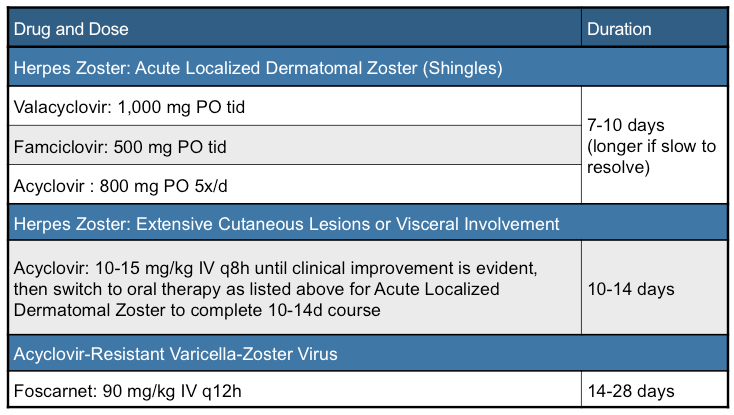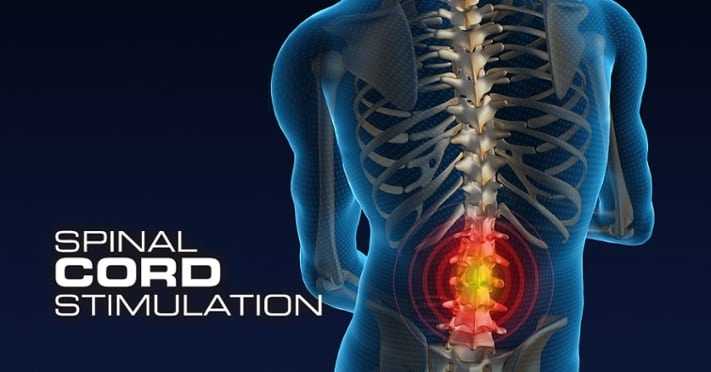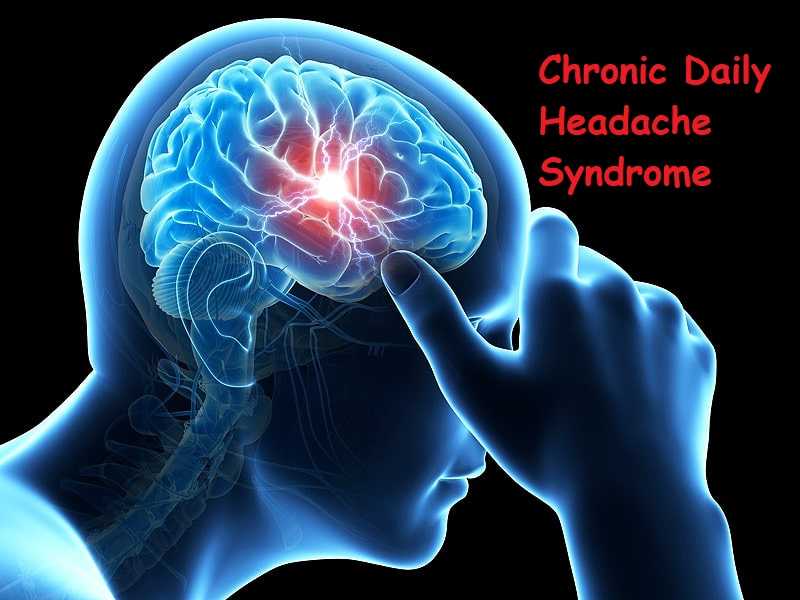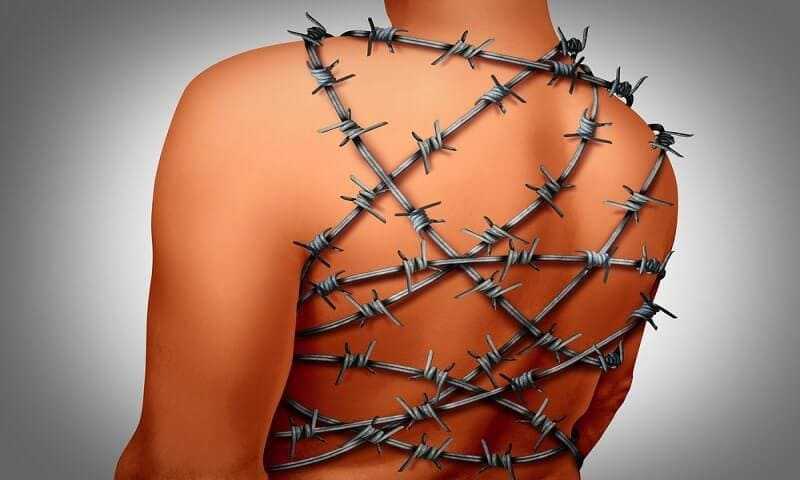What Is The Cause Of The Chronic Pain Syndrome?
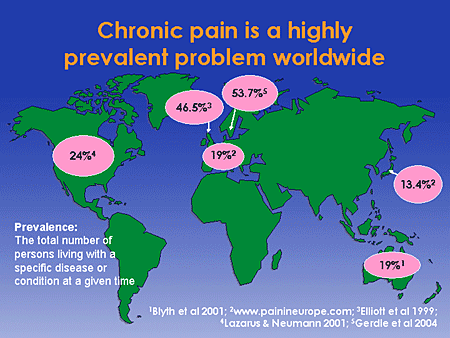
Chronic pain is any daily pain that persists for 3 or more months. The vast majority of medical practitioners in practice today did not receive any unique training in chronic pain management.
This is why there is so much controversy with the treatment of it. Most practitioners have very adequate training in acute pain (pain that lasts less than 3 months). Acute pain is an early warning system that tells you that there is a problem. Without acute pain you would not know that you need to see your primary care practitioner (PCP).

What The Chronic Pain Syndrome Is…
The Chronic Pain Syndrome is a completely separate syndrome, with different mechanisms, and different therapies from Acute Pain. The Chronic Pain Syndrome changes your nervous system, effects your metabolism, impairs your immune system, and can even cause depression in people who are not prone to it.
The Chronic Pain Syndrome even lacks some of the other associated physical findings that acute pain has (sweating, rapid heart rate, etc.). In addition, if a person suffers from the Chronic Pain Syndrome they have a higher risk of other diseases (whereas acute pain does not increase your risk of other diseases).
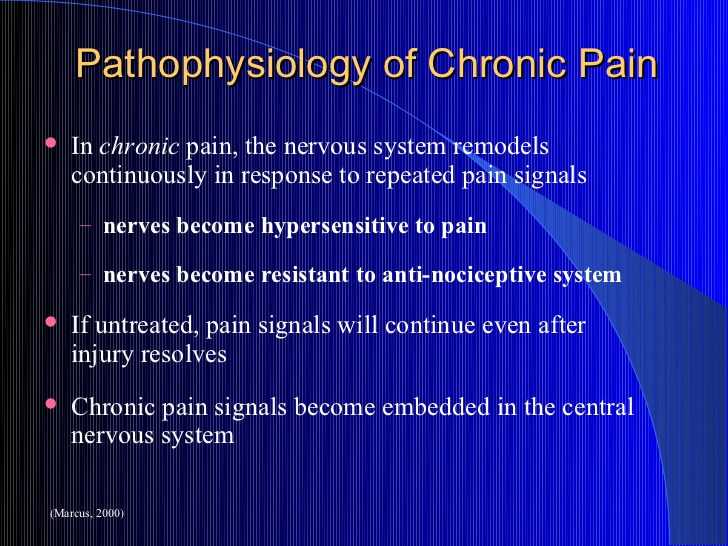
Should A Person Just “Live With It” And Not Pursue Effective Pain Relief?
It is important to treat chronic pain as effectively as possible as soon as possible. Untreated chronic pain can result in changes in your central nervous system, endocrine system, and immune system that are deleterious to your health. These changes can even become permanent.
Untreated chronic pain increases death from a variety of other illnesses (such as heart disease, stroke, and cancer). Thus, the Chronic Pain Syndrome is a disease all unto itself. This is a very important distinction from acute pain. It can cause confusion among PCPs whom have not been trained in chronic pain (which is most Doctors).
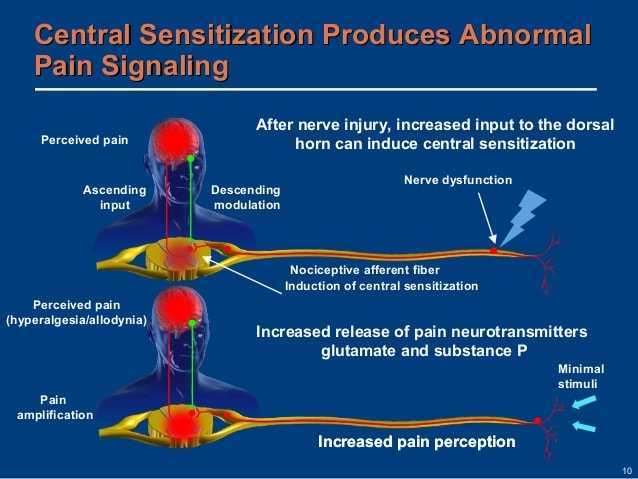
A Practical Strategy When You Have Chronic Pain…
So…if you are suffering from chronic pain you need to do several things. First, you must make sure you have had an accurate history, physical, and diagnostic work up for your pain. If your PCP is unable to do this you will need to be referred to a specialist.
You will know that you have had an adequate work-up when your PCP can give you a precise diagnosis AND TELL YOU THE MECHANISM for your chronic pain.
Second… you will need to have a team of specialists to construct a treatment regimen that targets the mechanism for your chronic pain. You may encounter several challenges with this as it is expensive and time consuming.
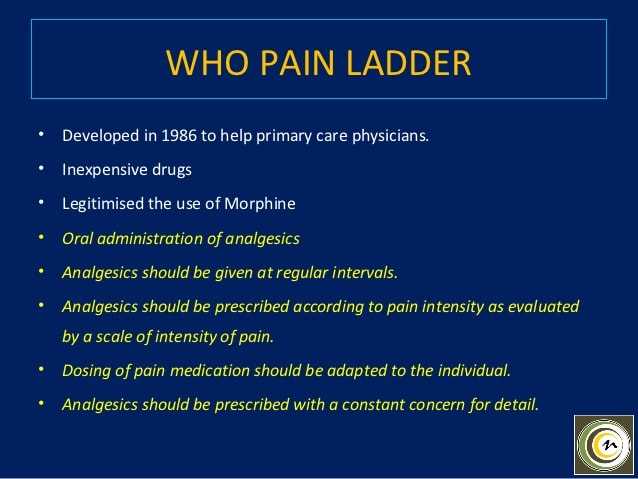
Behind the scene insurance companies may attempt to leverage your treatment. They will often try to influence your Doctor (by sending “Utilization Nurses” to his/her office), limit diagnostic testing, limit therapies, and limit the type-amount-and duration of your opiate therapy.
Finally, relief of your pain will take time. Unlike acute pain, chronic pain has caused changes in your body that can only be reversed through chronic therapy. This will usually take 6 or more weeks to work.
Summary
There is hope that you can achieve a radical improvement in your Chronic Pain Syndrome if you follow these basic guidelines. You do not have to despair…hope is only a phone call away to the proper medical practitioner. Select a Doctor who empathizes with your chronic pain. They are often the Pain Management physicians in your local area. Don’t give up!
If you have additional questions, please send comment me below. I would love to be of service to you.
Wishing you joy and healing.

